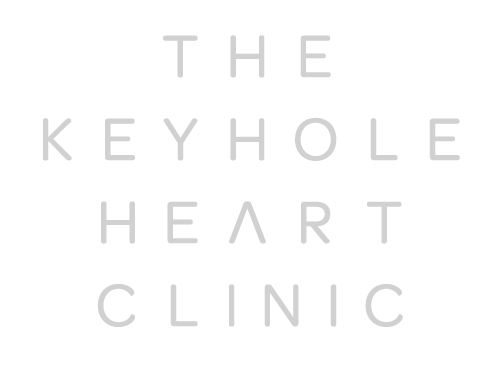Top Four Symptoms And Signs Of Heart Disease

As we enter February 2020, the team at The Keyhole Heart Clinic want to make sure that you are aware of the most important symptoms and signs of heart disease. Many of the symptoms are ones that we all experience, so in this article we have tried to distill the salient differences between what might be normal, from what should be a concern.
Here is what you should look out for:
Chest Pain: You are almost certainly aware that chest pain can be an important sign of coronary artery disease. The typical description is that of a dull pain in the middle of the chest which radiates into the jaw and down the left arm. The pain is often worse with exercise and improves with rest. If you are experiencing this symptom, then you should see your doctor at your earliest opportunity in order to verify the nature of your problem, and refer you to a specialised Essex heart clinic for investigations.
Shortness of Breath: Shortness of breath, especially when it is progressively getting worse over time can be a subtle but important symptom related to problems in the lungs or the heart. Cardiac causes of shortness of breath include coronary artery disease, heart valve disease, or heart failure. Your doctor may hear a murmur of heart valve disease when he listens to your chest. Early investigation with Chest Xray, ECG and an echocardiogram (like an ultrasound scan of the heart) will usually reveal the cause of the problem very quickly.
Palpitations: Many of us feel funny heart beats from time to time. Caffeine drinks can sometimes provoke the feeling. If palpitations become very frequent, or last a long time, then it is likely that further investigation is required. Associated symptoms such as dizziness, chest pain or blurred vision, are very important and must never be ignored. An ECG does not always reveal the cause of the palpitations and in these circumstances it is essential that your specialist records your heart beat over a number of days in order to maximise the chances of revealing the cause of the problem. Fortunately, these days, we can monitor your heart rate for up to 14 days with a very small non-invasive device stuck to your chest with a sticky bandage.
Swollen Ankles: We often experience some mild swelling of our ankles after a long day on our feet, especially in hot weather. However, if the swelling becomes progressively worse each day and particularly if it is associated with breathlessness, then timely investigation and treatment is required.
For now, we would like to wish you a happy and healthy 2020!

